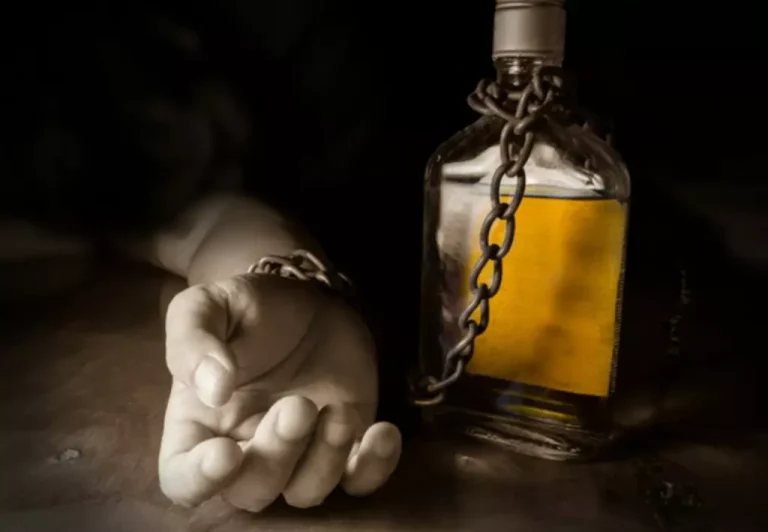How Does Alcohol Affect Your Mental Health?

Binge drinking is episodic, and while it causes short-term harm, it does not usually result in the ongoing craving or withdrawal symptoms seen in alcohol dependence. Alcohol treatment is the process of helping individuals overcome alcohol dependence or addiction through medical and psychological interventions. The goal of treatment is to manage withdrawal symptoms, address underlying issues, and support long-term recovery to improve overall health and well-being. Alcohol dependence affects relationships and psychological dependence on alcohol family life by creating emotional strain, financial challenges, and long-term consequences for family dynamics.
- In fact, both physical and psychological addiction activate similar regions of the brain.
- This experimental design can be further modified by the use of discriminative contextual cues.
- You might notice certain times of the day or being around certain people will make you feel more anxious or more depressed and want to drink more.
Alcohol Dependence: Definition, Health Risks, Causes, Treatment

Addiction impacted her own family and influenced her compassionate and empathetic relationship with clients. Jill enjoys spending time outdoors with her family, friends, and pets when she is not in the office. She spends most weekends in the mountains hiking, fishing, 4-wheeling, and camping. If she won the lottery tomorrow, Jill would create a pet https://ecosoberhouse.com/ sanctuary where the community would unite. I have heard that it is not chemical, but have lived with people who needed the alcohol every night.
Cite this Response
If she weren’t excelling in her current role, Christy would likely champion environmental activism, advocating for nature’s preservation. Beyond her clinical practice at AspenRidge, Courtney finds solace in outdoor activities, sports, reading, and cherishing quality time with her family and beloved dog. Describing her therapeutic approach as evidence-based, Courtney champions a humanistic or person-centered approach as the ideal foundation. She integrates her expertise in Cognitive Behavioral Therapy (CBT), Acceptance and Commitment Therapy (ACT), and mindfulness-based practices to tailor interventions according to each client’s distinct needs. Outside AspenRidge, Jordan enjoys rock climbing, snowboarding, and playing volleyball and soccer.

What is Alcohol Treatment?
Psychological dependence just refers to the way that some people come to emotionally or mentally rely on a substance. If you decide to skip the coffee one morning, you’ll probably have a pounding headache and feel generally crummy later in the day. Addiction Resource team has compiled an extensive list of the top drug rehabilitation facilities around the country. Click on the state you are interested in, and you’ll get a list of the best centers in the area, along with their levels of care, working hours, and contact information. The 4 C’s of alcoholism are craving, control Loss, the compulsion to drink, and continued use despite consequences. These four elements form a framework for understanding the core aspects of alcoholism and how it develops into a chronic, progressive condition.
How Many Drinks Per Day Is Alcohol Dependence?
- After maintaining sobriety for five years, the risk of relapse significantly decreases to approximately 15%.
- Binge drinking is when you drink a lot of alcohol in one day — more than 8 units of alcohol per day for men and more than 6 units of alcohol per day for women, with 1 unit of alcohol being equal to half a pint.
- She continued her education at the University of Denver and earned a master’s in clinical mental health counseling.
- When people use the term psychological addiction, they’re often talking about psychological dependence, not addiction.
Alcohol addiction is a psychological disease defined as one’s inability to control alcohol consumption. This umbrella term illustrates a form of high-risk drinking that typically includes excessive drinking, an intense alcohol craving, and continued alcohol use despite realizing how it interferes with your daily life. In addition to physical signs of withdrawal, a constellation of symptoms contributing to a state of distress and psychological discomfort constitute a significant component of the withdrawal syndrome (Anton and Becker 1995; Roelofs alcoholism treatment 1985; Schuckit et al. 1998).

Professional Treatment for Physical and Psychological Dependence
- For some people, alcohol dependence can also cause social problems such as homelessness, joblessness, divorce, and domestic abuse.
- Still, repeated use of any addictive substance can lead to both physical and psychological dependence.
- Repeated bouts of heavy drinking interspersed with attempts at abstinence (i.e., withdrawal) may result in sensitization of withdrawal symptoms, especially symptoms that contribute to a negative emotional state.
- In some cultures, alcohol consumption is a deeply ingrained social activity, where drinking is seen as a way to bond or celebrate, which normalizes excessive drinking and increases the risk of dependence.
- According to SAMHSA, 68% of people who complete drug and alcohol detox programs report their treatment to be successful.
This genetic influence arises from variations in numerous genes that affect biological processes and mental traits, such as alcohol metabolism, stress response, neurobiology, and behavioral tendencies like impulsivity. The main difference between alcohol dependence and alcohol tolerance lies in the physiological processes involved. Alcohol dependence is a state in which the body becomes physically reliant on alcohol. This leads to withdrawal symptoms (such as sweating, shaking, or nausea) when alcohol use is reduced or stopped. Dependence occurs as the body adapts to the regular presence of alcohol and requires it to function normally. People become dependent on alcohol because a combination of genetic, psychological, and environmental factors interact to influence drinking behaviors and the development of reliance.

